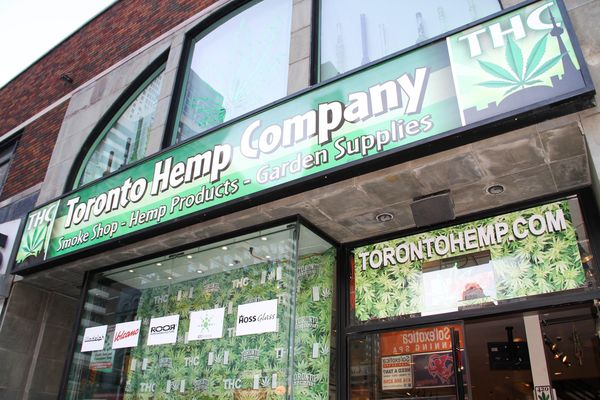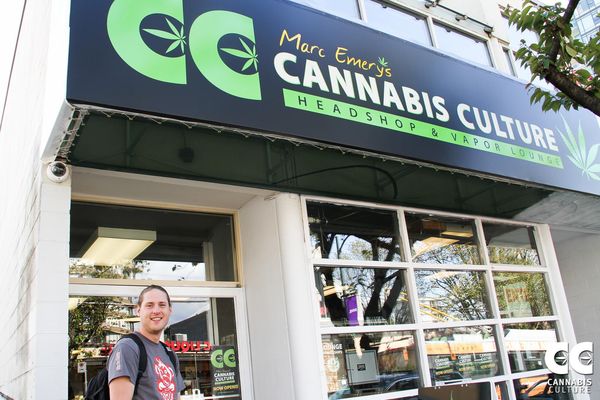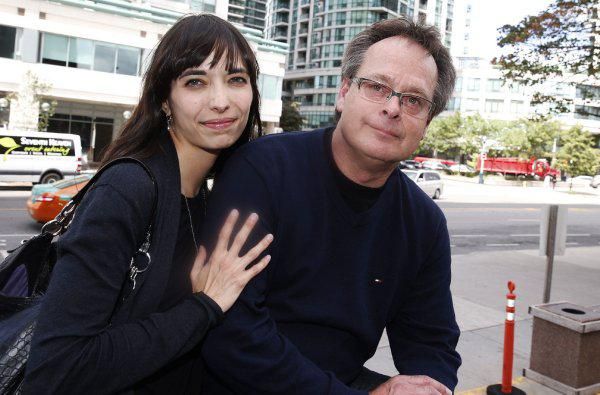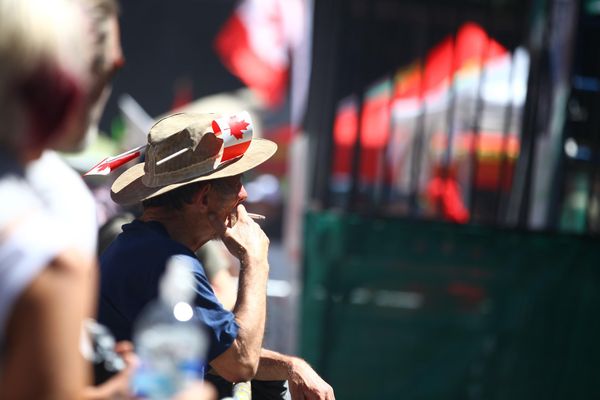- While awaiting the promised legislation that will decriminalise the sale of recreational marijuana, and without knowing the details of the impending reform, legal producers and cannabis dispensaries operating in a grey area are openly embroiled in a war in which each has its own claims about what is best for the plant business.
- Arrests, raids and the closure of some dispensaries have fuelled a conflict that, apparently, will not be resolved until the passage of the new law.

The Canadian government has set a date for the new law that will regularise the sale of medical and recreational marijuana in the country. Health Minister Jane Philpott recently announced that in the spring of 2017 the new regulation will be introduced that, based on the current composition of the national Parliament, should be approved without any major hitches.
The details of the text and the ways in which the Government plans to regulate the sale of the plant are not yet known, but the announcement adds fuel to the fire in a conflict between different actors in the world of Canadian cannabis, which are eagerly awaiting the legislation's passage.
Recently, and due to expectations of legalisation, cities like Toronto have witnessed the opening of a large number of dispensaries. In Vancouver there are already 100 of these businesses, most conspicuous, featuring large marijuana leaves on their signs.
These businesses' activity, direct retail sale, is nothing new. For many years various dispensaries have sold medical marijuana to patients with prescriptions, while their owners, in many cases activists, fought for the plant's legalisation.

In a fragile balance, and with the authorities turning a blind eye, these venues operated without any major legal problems. But their proliferation has sparked concerns amongst law enforcement agencies and those producers who strictly comply with current Canadian law. As the dispensaries report, these producers have not sat idly by, but rather have wielded all their political and economic power to bring about arrests.
Legal producers
The number of people authorised to sell medical cannabis has increased steadily since in 2014 the Conservative government in the country approved its Marijuana for Medical Purposes Regulations (MMPM), governing the existence of licensed producers. Since then those with enough money to delve into the business in a regulated manner and acquire one of these permits (mostly businesspersons with deep pockets and an economic interest in the plant) have jumped into the world of cannabis. However, the sale of the marijuana produced must be done by mail, and with a prescription, and without personal contact with the customer, unlike how dispensaries work.
The 27 legal producers today, opposed to part of the cannabis money continuing to escape their control, and ending up in small locales that flout the current legislation, are fiercely opposed to businesses engaged in the plant's direct sale, both old and new. And, unfortunately for these small businesspeople, their power seems to have at least partially prevailed: recently the streets of Toronto witnessed several raids and arrests. In fact, police arrested a total of 90 people, searched more than 43 locales, and filed a total of 186 criminal charges against owners of dispensaries. At a press conference after the raids in Toronto, Police Chief Mark Saunders stated that "only licensed producers are authorised to sell medical marijuana, in a safe and controlled manner."
The 27 legal producers today, opposed to part of the cannabis money continuing to escape their control, and ending up in small locales that flout the current legislation.
In Vancouver, the other city with a high concentration of these small locales, different businesses dealing in the plant have received a letter ordering their immediate closure. Marc Emery, a legalisation activist and the owner of a dispensary, has received the letter ordering the closing, and scoffs at the position the authorities are taking, while pointing directly at the producers. "The police arrests and jail and a criminal records are no longer just the law. They no longer focus solely on the criminals that they were designed for. Now they have become a handy collection of business regulations that producers desperately want to maintain, to guarantee their corner on the market," he explains.
The activist is outraged at authorities and producers stating that only regulated cannabis is safe, pointing out that for years dispensaries have marketed Canadian marijuana, helping numerous patients, without any problems at all. In fact, in his opinion the pesticides and chemicals used by large producers should be sparking greater concern. "These producers claim that their marijuana is safe and that the million Canadians who purchase, or have purchased, at a cannabis store or a dispensary for all these years are deceived when they say they are perfectly happy buying their product at one of these places," he adds.

His wife, Jodie Emery, a POT.TV journalist, was present at the press conference in Toronto, and also directly accused the producers on camera. "This is only to protect the corporate profits of these companies, which have sent the police to arrest people to preserve their own financial interests," she asserted.
Some producers openly deride these accusations from the world of dispensaries as "conspiracy theories," and many of these licensed entrepreneurs, who have spent tens of millions of dollars to become legal players, were not very happy about politicians doing nothing to stop the proliferation of new dispensaries in Vancouver and Toronto.
"We don't like to see anyone arrested ... but still we believe in the rules," said Mark Zekulin, the President of Tweed, a licensed cannabis production company. Neil Closner, CEO of MedReleaf, a licensed producer with a 55,000 square meter facility in Markham, also recognises that he was hardly disappointed when the police took action, while stating that he was not involved "directly" in the events.
Another producer who was encouraged by the arrests was Ronan Levy, co-founder of Canadian Cannabis Clinics, where specialised doctors prescribe marijuana to patients who need it. A year ago Levy met with an official at the Mayor's Office in Toronto, John Tory, to protest this green expansion.

"We were like the taxi drivers in the debate on Uber. We were doing things right, complying with the law, working with the Canadian Department of Health," he explains. "And you see more dispensaries open. They do quick business, and see more people in an hour than pass through our clinics in a day," he complains.
A professor at the Osgoode Hall Law School at York University (Toronto), Alan Young, who has worked in the area of cannabis law reform, believes that the police's reaction was a result of, rather than the producers, the "visibility" of the dispensaries. In his opinion, instead of celebrating progressive steps, the country prefers to keep things as low-profile and discreet as possible. According to him, until the new law is passed, the authorities prefer not to have all these signs around the city. "They didn't want to feel that they had lost control," he concludes.
With several months to go before the passage of the new legislation, two completely opposed business models are facing off. Money, political power and full legality, on the one hand; vs. freedom, tradition and activism, on the other, as they look forward to a decision vital to the future of marijuana in the country, while observing each other warily, still uncertain as to whether they can coexist.



Comments from our readers
There are no comments yet. Would you like to be the first?
Leave a comment!Did you like this post?
Your opinion about our seeds is very important to us and can help other users a lot (your email address won't be made public).